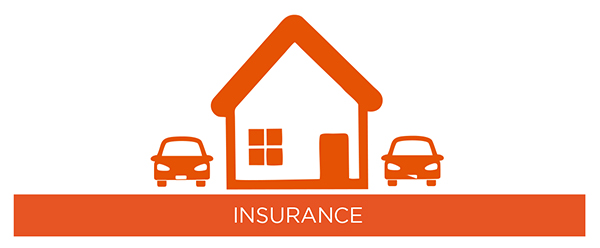[cmsmasters_row data_width=”boxed” data_padding_left=”3″ data_padding_right=”3″ data_top_style=”default” data_bot_style=”default” data_color=”default” data_bg_position=”top center” data_bg_repeat=”no-repeat” data_bg_attachment=”scroll” data_bg_size=”cover” data_bg_parallax_ratio=”0.5″ data_padding_top=”0″ data_padding_bottom=”50″ data_padding_top_large=”0″ data_padding_bottom_large=”0″ data_padding_top_laptop=”0″ data_padding_bottom_laptop=”0″ data_padding_top_tablet=”0″ data_padding_bottom_tablet=”0″ data_padding_top_mobile_h=”0″ data_padding_bottom_mobile_h=”0″ data_padding_top_mobile_v=”0″ data_padding_bottom_mobile_v=”0″ data_shortcode_id=”f3hmrpo6ya”][cmsmasters_column data_width=”1/1″ data_bg_position=”top center” data_bg_repeat=”no-repeat” data_bg_attachment=”scroll” data_bg_size=”cover” data_border_style=”default” data_animation_delay=”0″ data_shortcode_id=”8ql8mul3tl”][cmsmasters_text shortcode_id=”hhc8yas89o” animation_delay=”0″]

As an amputee, you are probably aware of the importance of understanding your health insurance policy and its terminology, including coverage limits, deductibles, coinsurance, and eligibility periods. You may not realize, however, that it is just as important to become familiar with your home and auto insurance policies, particularly if you are a prosthesis user. The standard homeowners (or renters) and personal auto policy are general in nature and may not take into account the cost of replacing an expensive prosthetic limb.
[/cmsmasters_text][cmsmasters_text shortcode_id=”by2asr8a6″ animation_delay=”0″]
Here are three suggestions to help ensure that your prosthesis is well insured.
1. Pay special attention to your contents coverage.
On a homeowners policy, the amount of coverage provided for your personal belongings is automatically determined by the replacement cost of your home. The assumption is that the value of the items inside your home is proportional to the cost to rebuild your home. For amputees with a prosthetic limb ranging in value from $5,000 to well over $50,000, this may be inadequate.
A thorough inventory of your belongings, including your prosthetic limbs and accessories, can help ensure that you have enough coverage for everything you own.
2. Consider bundling your home and auto policies.
One gray area for insuring prosthetic devices is the question of which policy covers them if they are damaged in a car accident. This could be considered a homeowners claim or an auto claim because a prosthesis can either be considered a personal belonging or a medical loss. Different underwriters and claims adjusters have different opinions. Because of this, it is best to have your home and auto insurance with the same company. When there is only one company involved, the claims process is likely to be much smoother. Fortunately, a bundling discount will usually save you money too
3. Beware of companies that exclude medical devices.
It is no secret that insurance companies do not cover everything. Different companies have different exclusions and coverage limits. Some may limit or even exclude coverage for medical devices. If the language of the policy you are considering leaves you concerned, you may want to speak with an agent to make sure medical devices are not excluded.
Just as with health insurance, you must self-advocate when it comes to your home and auto insurance.
Few of your material items are more important than your prosthesis. By following these simple suggestions,
you can enjoy the peace of mind provided by this extra layer of protection.
– WORDS Josh Richner
Josh Richner is a licensed insurance agent dedicated to helping amputees navigate their insurance needs. For more information, visit www.joshrichner.com.
[/cmsmasters_text][/cmsmasters_column][/cmsmasters_row]